Does weight loss come from exercise or diet? pt.1
Weight loss is a massive topic in the fitness and lifestyle industry and with the social media now the so-called perfect physique is in your face more than ever. For a large portion the weight loss dream is about the aesthetics but there is also the ramifications for long term health. The biggest single factor being the circumference or girth around the waist. For men and women this is the biggest marker associated with major health risks, such as coronary heart disease and diabetes.
So, what can you do about it? Firstly, you really need to be honest with yourself about your goals as weight loss and fat loss are two different things. Weight is a poor marker for health with a lot of elite rugby players being classed as obese using the traditional Body Mass Index (BMI). Measuring body fat can be done in a variety of ways but one of the most accessible and comfortable is through Bioelectrical Impedance Analysis that you can do at home through fancy scales. This isn't always the most accurate measurement (depending on equipment) but allows you to keep track yourself.
As it is such a big topic I will break it into two parts so this week we will cover diet and nutrition; next week we will cover exercise.
Calorie Deficit
This one element will make the biggest difference and it simply means eating enough food/drink that you burn more calories in daily activity than you consume. The rate at which you do this can vary and I recommend you seek advise from a dietician or nutritionist. Another way to keep track of this is through various apps and I think Myfitnesspal is a good place to start.
There are so many diets out there from Ketogenic, Paleo, Vegan, Dash and with all of these people have seen positive results. With all these diets working in some way it has been suggested that whenever you try a new diet by limiting certain food groups all you do is end up in calorie deficit because the volume of food you eat is reduced. People always remove foods but don't always substitute them with better alternatives.
I prefer a balanced diet approach where nothing is particularly off-the-table but you are smart with your choices. See the link below for the DASH principle that follows this idea.
Fasting
Why fast? The idea behind this is that when you restrict the amount of energy coming in to the body (food) it finds other sources of energy (stored fat) to use. This is adapted fat metabolisation.
Because of this fasting has become a big topic and again there are many different plans of how to fast and when. From what I've read to date and experienced there are two parts to this equation, being that firstly, almost everyone has an overnight fasting period of some sought while you sleep. Secondly, dedicated fasting or intermittent planned fasting can be effective to suit your lifestyle.
Do not underestimate the overnight fast! I believe the reason all these other fasting methods have become so prevalent is that the traditional meal habit and lifestyle has changed significantly over the years meaning people don't have a regular fasting period. Your body needs a minimum of 12-hrs fasted to start adopting physiological changes, adapting where it gets its energy stores from. Around 16 hrs of fasting will start to affect hormone changes to further improve fat metabolisation. This is the root of the "don't eat after 8pm" you used to get told by your parents with a typical meal time at 6pm (ish).
I advocate creating a habit where you regularly can attain an overnight fast of 12 hrs and then maybe once a week try for 16 hrs, basically missing breakfast. This routing needs to be sustainable.
Whole Foods
When trying to lose fat and tone up, what you eat matters. Eating whole foods or non-processed/refined foods is a great lifestyle choice to make. Most foods these days are based around convenience and mass production to satisfy western society. Don't get me started on the ethics of the global food industry! Quick and easy is the sell and packed with flavour, otherwise known as "I've concocted a new chemical in the lab to make you give me your money for this".
These foods that are quick and easy to produce and digest satisfy cravings but not for long. These "fast foods" have a high calorie count and are absorbed in the body so quickly you can't possibly use/burn that energy off while it is available. Therefore, you have to store this sudden influx of energy somewhere and that place is your fat cells.
On the flip side, whole grain foods that are relatively unaltered, are slower to digest giving your body time to feel full and they also have a thermal energy cost. The Thermal Effect of Food (TEF or TEE) states that all foods have an energy cost meaning that in this example wholegrain brown rice uses more energy to digest than the equivalent amount of white rice. Isn't that amazing! just by making some smart changes in the food you eat means you can burn more calories without lifting a finger. Top tip: if you're buying a food and there is a brown and a white option...go for brown.

